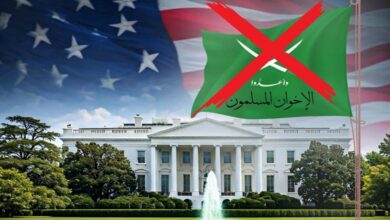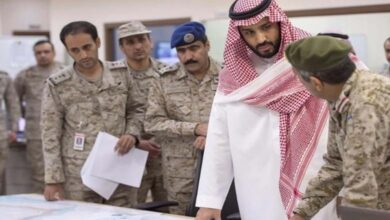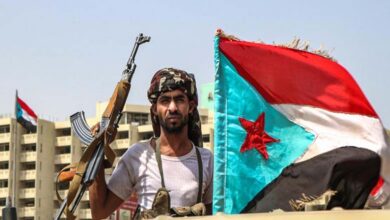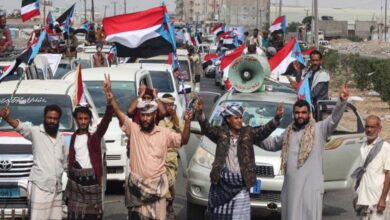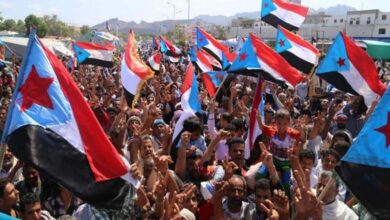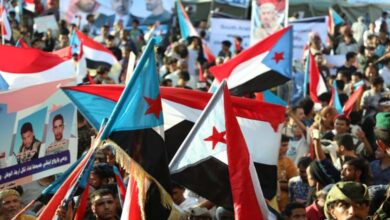Sudan Between the Return of Islamists and the Reproduction of Military Rule: Background and Political Investigation
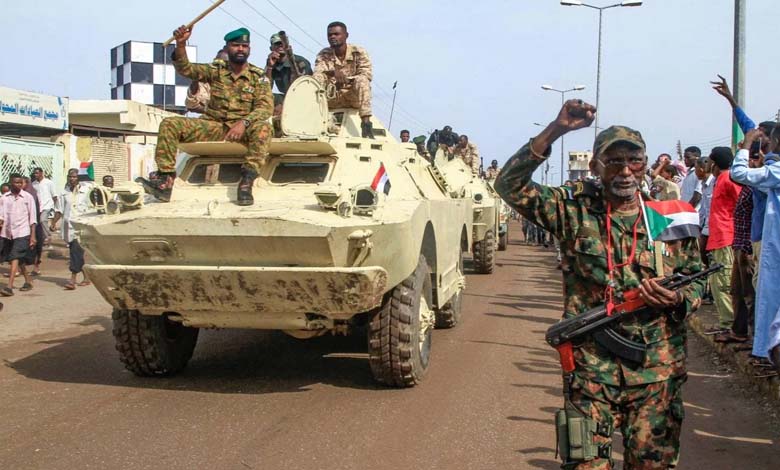
Since the outbreak of war between the Sudanese army and the Rapid Support Forces in April 2023, Sudan has been experiencing a political and security vacuum that has paved the way for the resurgence of old forces, most notably the Islamic movement linked to Omar al-Bashir’s regime. In a report published by Reuters on May 25, 2025, a clear warning was issued regarding the Islamists’ attempt to regain political influence with the support of the army, alongside signs pointing to a prolonged transitional period that may keep power in the hands of the military institution.
-
The Political History of the Islamic Movement in Sudan and Its Relationship with the Army: The Case of al-Burhan
-
Calls to Designate the Islamic Movement Muslim Brotherhood in Sudan as a Terrorist Organization
Islamist Moves: A Return via the “Army”
Statements by Ahmed Haroun:
The head of the dissolved National Congress Party, who is internationally wanted, stated that the upcoming elections could serve as a gateway for his party and the Islamic movement to return. He noted that the army is unlikely to relinquish power easily once the war ends.
External Support:
According to military sources cited by Reuters, some Islamist leaders have revived old alliances with Iran, Turkey, and Qatar to secure weapons and financial support for the army — a move reflecting the reactivation of regional networks that previously backed the Bashir regime.
-
The Islamic Movement’s Retreat and al-Burhan’s Silence: Questions Surround the Political and Military Cover Behind the Strategic Strikes in Port Sudan
-
Strategic Strike in Port Sudan Reveals Foreign Involvement, Iranian Arms, and Complicity of the Islamic Movement
Understanding the Army’s Calculations
Facing a full-scale war on multiple fronts, the army is determined to consolidate its grip at any cost. Its temporary alliance with the Islamists appears to be a strategic choice to secure logistical and financial backing, rather than an ideological commitment.
However, this approach raises concerns among civil forces and regional powers who see the Islamists’ return as a direct threat to the democratic transition.
Regional Implications: UAE vs. the Tehran–Ankara–Doha Axis
UAE’s Role:
Historically, the United Arab Emirates has played a central role in supporting civilian transition and curbing political Islam’s influence. It was instrumental in the 2019 ousting of Bashir’s regime as part of an Arab alliance promoting regional stability.
-
The Islamic Movement in Sudan: Political History Military Connections and Renewed Political Fronts
-
Efforts to Bridge the Divide within the Islamic Movement… The Sudanese Muslim Brotherhood on Hot Coals
Shifting Alliances:
Recent military movements in Port Sudan suggest the army is redrawing its alliance map, reflecting a strategic shift that could widen the gap with regional powers opposed to the Islamists’ return to power.
Growing Internal Division
The return of the Islamists — even indirectly — signals a revival of the political and societal divides that preceded the December 2018 revolution. Meanwhile, the civilian forces remain fragmented and unable to present a real alternative, giving the army and Islamists an opportunity to share power in the absence of a unified national vision.
-
Islamic Movement Fueling Sudan’s War
-
Is Sudan Moving Closer to Designating the Muslim Brotherhood as a Terrorist Group?
Possible Scenarios
- Prolonged Military-Islamist Transition:
Elections held under army oversight allow the Islamists to return to power through the ballot box. - Civilian Settlement Backed by Regional and International Actors:
External stakeholders intervene to curb the Islamists’ influence and pressure the army into implementing political and security reforms. - Complete Collapse:
The war continues, the central state erodes, all factions weaken, and Sudan turns into contested zones of influence. -
How the Sudanese Judiciary Became a Tool for the Muslim Brotherhood… with Names
-
Sudan: The Muslim Brotherhood Attempts to Infiltrate the National Umma Party
Reuters’ warnings are not mere speculation; they reveal serious political and security shifts that could return Sudan to the cycle of Islamist rule under military cover. Conversely, hope lies in the unification of civilian forces and the enhanced role of regional powers supporting stability — including the UAE — to block any scenario that would send the country back to square one.


